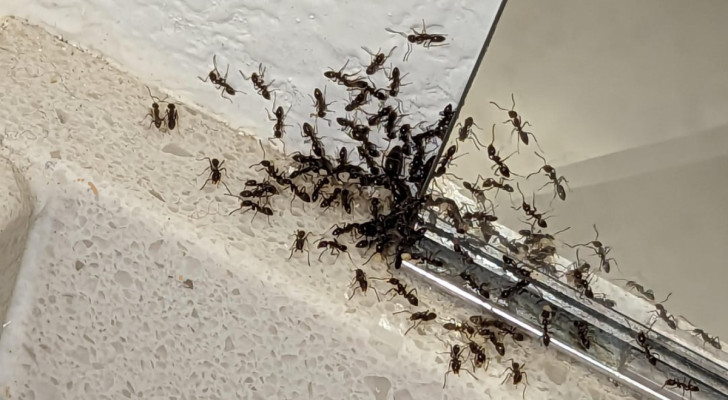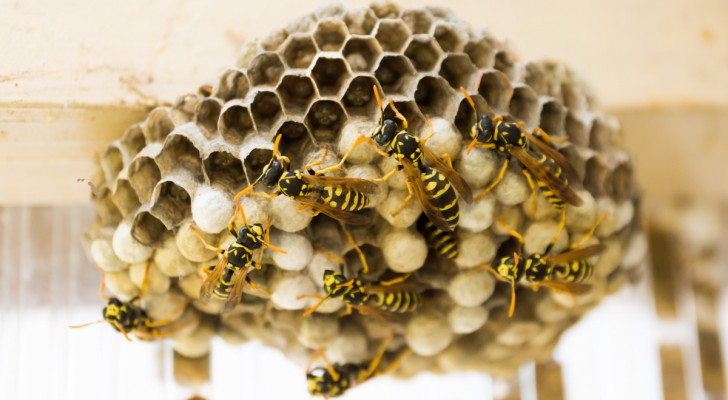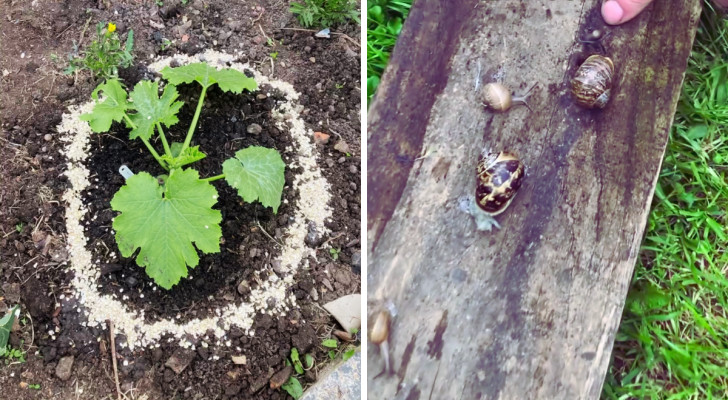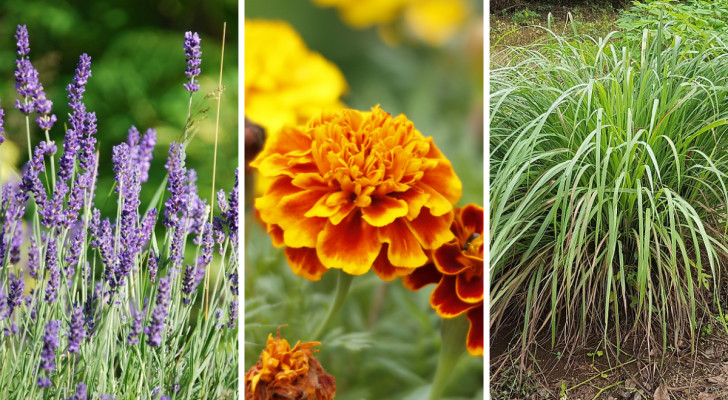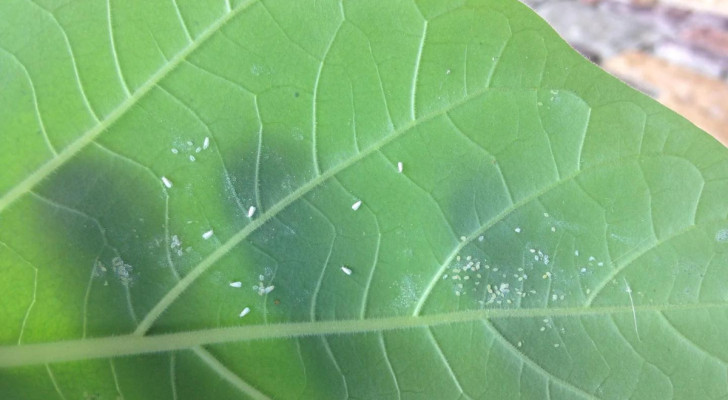Aphids on your plants: 2 methods to get rid of them using homemade remedies
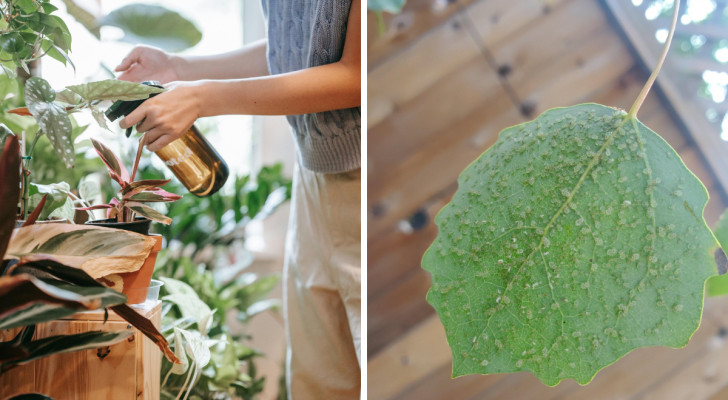
Aphids (aka plant lice) are extremely harmful for ornamental or horticultural plants. Aphids quickly form colonies on plants, attaching themselves to leaves, buds and shoots. Over time, aphids deprive the plant of nutrients and can even kill off infested plants.
Signs of the presence of aphids are:
- Honeydew: a sticky, sugary substance that aphids produce, and which attracts ants.
- Curled or yellowed leaves, which have had their sap drained by aphids.
- Poor flowering/blooming and stunted growth.
- Sooty mold: a black fungus sometimes grows on the honeydew and covers the leaves, preventing photosynthesis.
As soon as you spot aphids, you should remove them manually (if the infestation is not too bad). For serious infestations, you will need to resort to alternative measures - keep reading:
Insecticidal soap
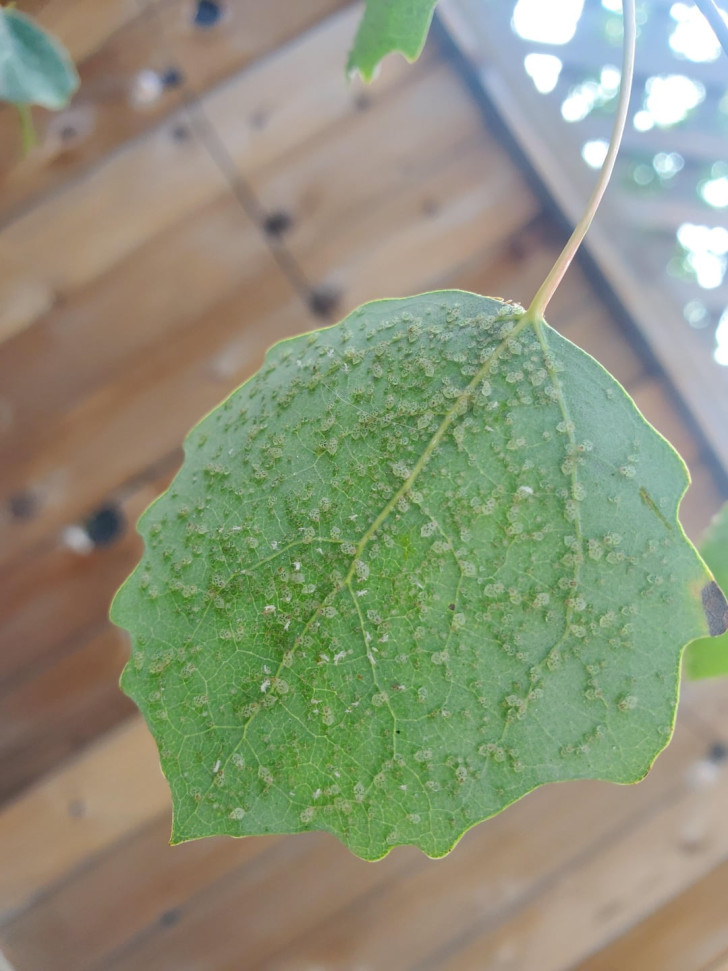
One of the most popular remedies to get rid of aphids is to use an insecticidal soap. This is usually a soft potassium soap, (aka "grandma's soap"). However, we are not refering to potassium soap which is used for laundering (which has cleaning additives).
Pure potassium soft soap what you need: this is sold as a concentrated fluid at gardening centers. All you need to do is dilute the soap (as per the manufacturer's instructions), and generously spray it over the infested plants. The frequency of spraying can vary every 3 days (for serious cases), to once a week (for mild cases), repeating the treatments until all the aphids have disappeared.
Neem oil and Marseille soap
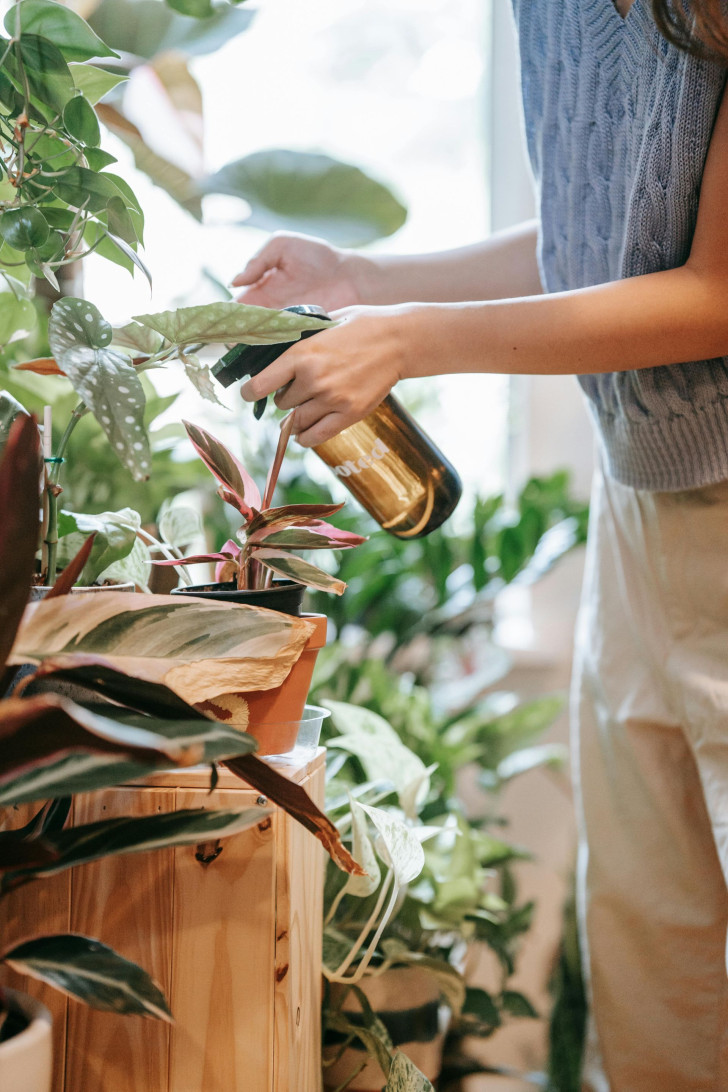
Sasha Kim/Pexels
Some gardeners recommend using Marseille soap (and optionally, with some vinegar added) as an insecticide. However, you will get better results using Neem oil.
A recipe you can try is given below:
- a spoonful of Neem oil;
- one liter of water;
- half a teaspoon of liquid Marseille soap (or even an organic dishwashing soap, if you don't have Marseille soap).
Mix all these ingredients in a spray bottle, and spray all over your plants. Neem oil has no negative effect on other beneficial insects and is an excellent repellent for aphids, other harmful parasites and even mosquitoes. As for the frequency of treatments, spraying can be done every two or three days (for serious case), or once a week (for less serious infestations).
Other useful tips
- When using these insecticides, it is a good idea to spray the entire plant, without forgetting the underside of the leaves (where aphids often hide).
- In hot periods, insects are likely to breed more, and so, you will need to use your insecticides more often.
- Always treat your plants during the coolest hours of the day, especially in summer. Early in the morning or late in the evening (when temperatures are lower) are the best times.
- Also consider combining the use of insecticides other methods: in addition to manual removal (with gloves, toothbrushes, soft cloths, etc.), there are a series of natural predators that you can introduce into your ecosystem - ladybugs, for example, love preying on aphids!
With a little attention, you can protect your plants from this insect scourge!
